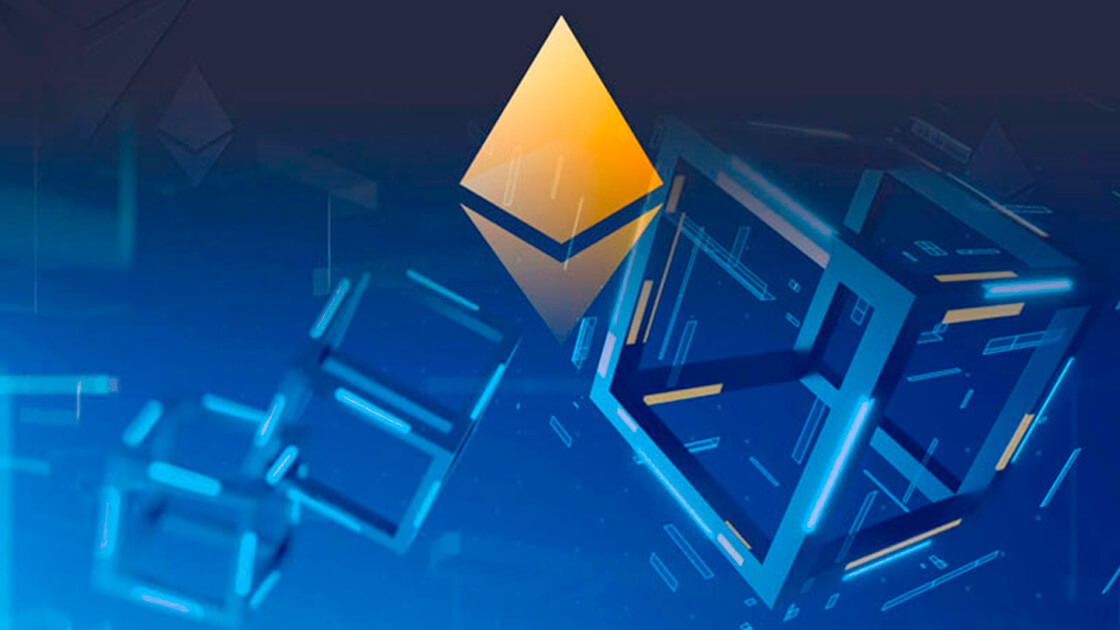Ethereum developers have partnered with Consensys and DeepWork Studio to release a "Launch Validator Platform" for the Medalla Testnet, which will launch on August 4th. The goal of the platform is to teach the self-staking process on the Ethereum 2.0 blockchain, which will run on the Proof-of-Stake (PoS) consensus algorithm instead of Proof-of-Work (PoW).
The independent validation process (without the use of third-party services, "staking pools") is associated with the management of private keys. This responsibility entails an inevitable trade-off between ease of use and security, which is why the test framework is primarily focused on helping validators learn about all aspects of this process.
The developers noted that before deciding whether to participate in the validation, you need to understand what kind of reward you can get for it. In particular, it is important to understand that the reward is not fixed, but dynamic - if the total amount of Ether (ETH) in staking is low, the annual reward is high; with the growth of ETH in staking, the amount of reward that each validator receives begins to decline.
Trending: Fintech Company Plaid Announced Its First Crypto-Native Product
After keys are generated (description of the generation process), validators will be able to upload their public keys to the deposit contract. Users will then be able to select a client - currently available Lighthouse, Nimbus, Prysm, and Teku.






